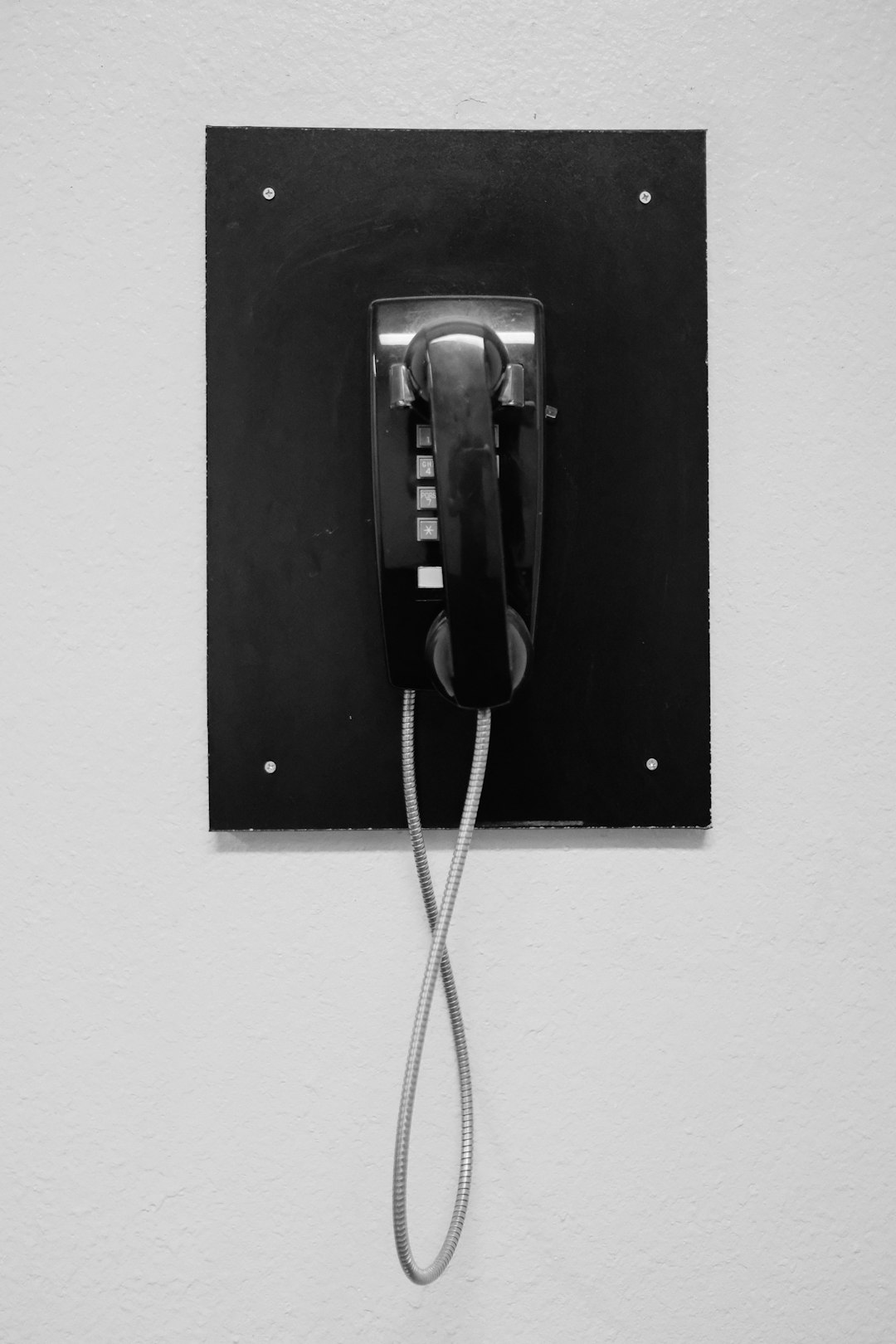Debt collector Attorney Ohio plays a crucial role in managing medical debt. They guide patients' rights within a 4-year statute of limitations, offering negotiations or payment plans to resolve debts fairly while adhering to legal standards. Consulting an attorney is advised for dispute resolution, ensuring protection against aggressive collection practices and understanding timeframes for favorable outcomes.
In Ohio, understanding the statute of limitations for medical debt is crucial for both debtors and creditors. This article serves as a comprehensive guide, delving into the intricate details of Ohio’s legal framework regarding medical debt collection. From the moment a medical bill goes unpaid, debtors have rights that must be respected, while debt collectors must adhere to specific rules. We explore when medical debts become uncollectible, the role of a debt collector attorney in Ohio, and provide essential insights for navigating this complex landscape.
Understanding Ohio's Statute of Limitations for Medical Debt

In Ohio, the statute of limitations for medical debt is typically four years. This means that a creditor or debt collector has four years from the date the debt was originally due to file a lawsuit in Ohio courts to collect the debt. After this period, the debtor may have legal protection against collection efforts. It’s important to note that this timeline can be influenced by specific circumstances, such as any agreements made between the patient and healthcare provider or facility.
If you’re facing medical debt in Ohio, consulting with a debt collector attorney is crucial. A qualified lawyer can help navigate these complexities, ensuring your rights are protected under Ohio law. They can guide you on how to handle collections efforts, negotiate settlements, or explore options for debt relief within the legal framework, ultimately helping you regain control over your financial situation.
Role of a Debt Collector in Medical Debt Cases

In medical debt cases, a debt collector’s role is multifaceted and crucial. They are often engaged by healthcare providers or hospitals to recover outstanding patient balances, which can include bills for treatment, procedures, and services rendered. A debt collector Attorney Ohio will typically start by reaching out to the patient via mail or phone, attempting to resolve the debt through payment plans, negotiations, or collections processes.
These professionals are well-versed in legal aspects related to medical debt, ensuring they navigate the statute of limitations and adhere to fair debt collection practices. They must handle these cases sensitively, considering the personal nature of medical debt, while also prioritizing the financial interests of their clients. Their goal is to facilitate payment without causing undue hardship on the patient while upholding the legal and ethical standards set by Ohio laws.
Legal Rights of Debtors in Ohio: A Guide

In Ohio, debtors have legal rights that protect them from aggressive or unfair practices by debt collectors. The state has specific laws and regulations in place to ensure a balanced approach to debt collection, including a statute of limitations for medical debts. Understanding these rights is crucial for anyone facing medical debt in Ohio.
If you’re being contacted by a debt collector regarding medical debt, it’s advisable to consult with a qualified attorney who specializes in consumer law or debt collection. They can provide guidance on how to navigate the process, dispute inaccurate claims, and ensure your rights are respected. A debt collector Attorney Ohio can help you understand the statute of limitations for your particular case, allowing you to take appropriate action to protect yourself from legal repercussions or unwanted collection efforts.
When Does a Medical Debt Become Legally Uncollectible?

In Ohio, a medical debt becomes legally uncollectible after a certain period has passed, which is known as the statute of limitations. According to Ohio law, the statute of limitations for written contracts, including medical debt contracts, is generally six years. This means that if a healthcare provider or debt collector in Ohio has not initiated legal action against you within six years since the initial default on payment, the debt may be considered time-barred and uncollectible.
The timeline starts from when the debt was originally incurred or when the last payment was made, whichever is later. It’s important to note that this period allows individuals facing medical debt to have some respite from collection efforts. However, if a debt collector believes there are valid reasons to extend the statute of limitations, they may file a lawsuit to enforce the debt. A debt collector Attorney Ohio can provide legal advice tailored to your situation regarding these time frames and rights.
Navigating Legal Action with a Debt Collector Attorney in Ohio

Navigating legal action against a debt collector can be intimidating, but with the guidance of a skilled debt collector attorney in Ohio, individuals facing medical debt issues can protect their rights and explore potential remedies. In Ohio, there are strict regulations governing debt collection practices, ensuring consumers are treated fairly during this challenging period.
If you find yourself embroiled in a dispute with a debt collector, consulting an attorney who specializes in this area is advisable. A debt collector attorney in Ohio can help you understand your rights under the law and advise on the best course of action. They will be familiar with the state’s statute of limitations for medical debt and can assist in negotiating with collectors or representing you in legal proceedings, ensuring a favorable outcome.






